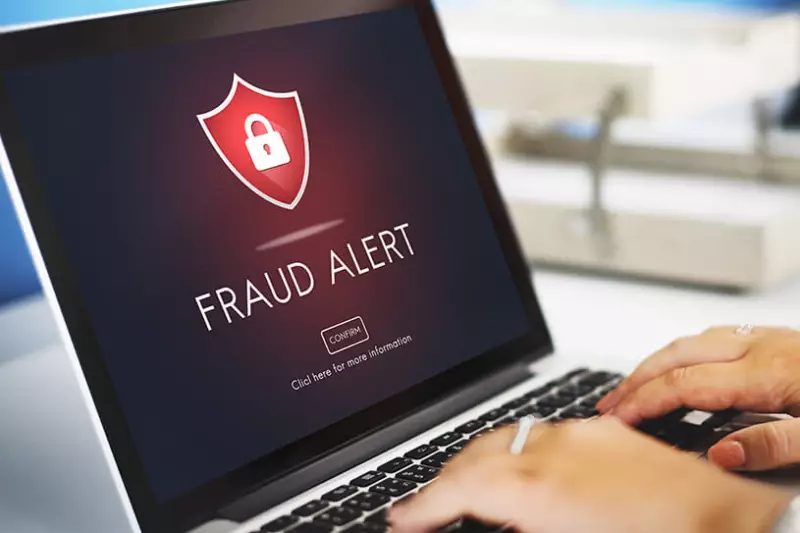What is a Fraud Alert?
Table of Contents
- By David Lukic
- Published: Sep 25, 2020
- Last Updated: Nov 23, 2023
With data breaches, ransomware, and identity theft knocking at the door, you need all the help you can get to stay safe. A fraud alert is another layer of protection you can add to your credit information to keep the bad guys away.
A fraud alert is a notice that you can put on your credit report (with the three top credit reporting agencies) that tells creditors and potential lenders that you have been a victim of fraud. What this alert does is trigger them to take extra precautions when anyone applies for credit under your name. If you apply for a loan and have an extended fraud alert, the bank or financial institution must verify your identity before proceeding. You only have to alert one of the three credit agencies, and they are required by law to alert the other two. You may remove the fraud alert at any time if you wish.

Does a Fraud Alert Hurt Your Credit?
According to Experian, putting a fraud alert on your credit report does not affect your credit score in any way. However, when applying for loans, credit cards, or other financings, the process may take longer due to extra identity verification necessary.
What are the Three Types of Fraud Alerts?
There are three different types of fraud alerts for you to choose from. All three can be initiated, stopped, and managed by mail or phone. They are as follows:
-
Normal Fraud Alert
A standard fraud alert, which is what most people will use, is a notice on your credit report that you have been the victim of fraud or identity theft. Anyone extending credit to you must take this notice seriously and take extra steps to verify your identity. This may include delaying your application and contacting you for more information. A normal fraud alert lasts for one year. However, you can renew it.
-
Extended Fraud Alert
If you have been exposed in a data breach and filed a police report and/or a complaint with the FTC, you are eligible to use an extended fraud alert. This type is good for seven years, and you won’t have to renew until then. You can apply for an extended fraud alert by mail using this form.
-
Active-Duty Fraud Alert
For members of the U.S. military, there is an active-duty fraud alert while they are overseas or away on duty. A special representative with Power of Attorney can employ an active-duty fraud alert on their behalf if they are already deployed.
What is the Difference Between Fraud Alerts and a Credit Freeze?
A fraud alert is simply a notice that prompts the lender to take further action before extending your credit. With a credit freeze, your credit report is locked and cannot be viewed or accessed unless you unlock it. A credit freeze prevents anyone from opening up new accounts and getting credit (even you) until you unfreeze it.
With fraud alerts, you only have to give notice to one of the credit bureaus. With a credit freeze, you have to contact all three. Sometimes they charge a fee for this service. Fraud alerts are free. You can have both a credit freeze and fraud alert on your credit report at the same time.

How Long Does a Fraud Alert Stay on Your Credit Report?
Typically, a fraud alert lasts for one year, but they are renewable, and you can contact the credit agencies to keep it going for as long as you like. An “extended fraud alert” lasts for seven years. You can only use this type if you have filed a police report or complaint with the FTC after being the victim of identity theft.
How to Activate a Fraud Alert
It’s very easy to put a fraud alert on your account. Simply contact one of the three credit bureaus below and ask them to put a fraud alert on your account. They are responsible for informing the other two agencies. Make sure you confirm your contact information so they can contact you if they need to. They will also supply you with a copy of your free credit report. You might want to consider credit monitoring also with a company like IDStrong.com, which provides this service.
Equifax - Equifax.com/personal/credit-report-services - 800-685-1111
Experian - Experian.com/help - 888-EXPERIAN (888-397-3742)
Transunion - TransUnion.com/credit-help - 888-909-8872
Be sure to mark your calendar, so you call before your year is up to renew the fraud alert in place.
















